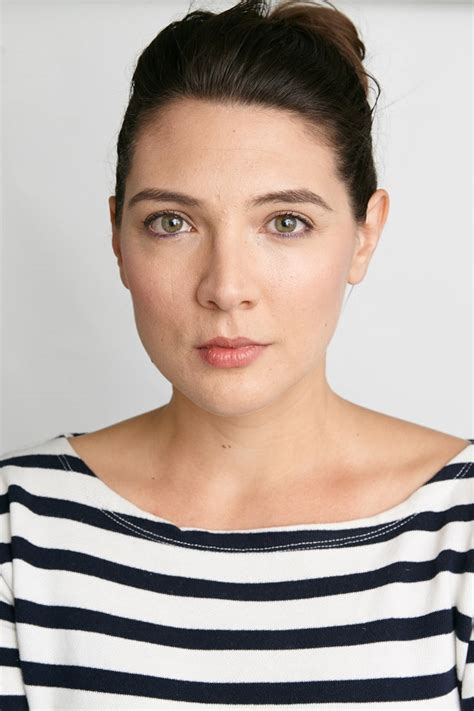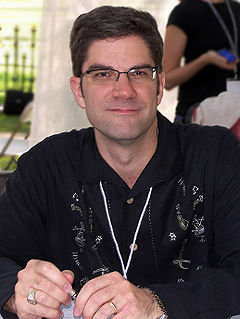A Quote by Taylor Jenkins Reid
Selling a film option and getting a studio on board can be a slow process, and until things are official, you never want to spill the beans.
Related Quotes
Getting faculties to come to a consensus about something that they've never really thought about or had to worry about in their careers before can be a rather slow process and a long process, it certainly was the case at Harvard, and it's the case with most of the general education curricula that I know of, it takes four or five years just to get everybody on board with one idea.
I grow green beans in my garden. The one thing I know about harvesting them is that you need to train your eyes to see the beans. At first it all looks like leaves, until you see one bean and then another and another. If you want clarity, too, you have to look hard. You have to look under things and look from different angles. You'll see what you need to when you do that. A hundred beans, suddenly.
Ships at a distance have every man's wish on board. For some they come in with the tide. For others they sail forever on the same horizon, never out of sight, never landing until the Watcher turns his eyes away in resignation, his dreams mocked to death by Time. That is the life of men. Now, women forget all those things they don't want to remember, and remember everything they don't want to forget. The dream is the truth. Then they act and do things accordingly.
Filming costs so much money, so it's such a nerve-racking process, whereas being in a studio is quite cheap compared to that, so you have more time to work on things until you feel good about them. That makes it easier to explain a certain feeling and be in a vulnerable place while making sure it does what you want it to do.
Lots of entrepreneurs don't want to be hassled by a board of directors early on. The entrepreneurs want to control the company, don't want to be responsible to a board, or don't want to waste time communicating with board members. This is a classic error of thinking about the early stage board incorrectly.
The recording process was basically me meeting with different writers, going into their studio, starting a song and just hanging out and chatting and getting to know how they work. Everybody has a different writing process so there was a lot of getting to know people, which can be fun and stressful at the same time.
If we're united, I wouldn't care about a White school board getting me a little something. The hell with the school board; that's the White supremacy board and the White supremacy board wants you reading stupid books rooted in the idea of White supremacy. I don't want a thing to do with White supremacy.
No one forces me, or any other writer, to sell a film option on the books. If you don't want to run the risk that the filmmakers may adapt your work in a way you don't like, then you don't sell the option. You know when you sell it that they will have to make some changes, just because film and TV are different media than books.






































